When counterfeit goods "hide" under the name of foreign businesses
Recently, many cases of large-scale counterfeit production and trading have been cracked down by the authorities, revealing a worrying reality: many Vietnamese enterprises, when registering their business, have used names that are similar or easily confused with famous foreign brands, potentially deceiving consumers and causing serious damage to market confidence.
According to information from the People's Public Security Electronic Information Portal, on April 22, 2024, the Economic Police Department (C03) coordinated with Hanoi City Police to successfully destroy a large-scale production and trading ring of fake functional foods, seizing more than 100 tons of counterfeit goods.
The trick of these subjects is to set up "front" companies with confusing names related to famous international brands (MediPhar, MediUSA, MegaLife) to legalize the production and consumption of fake functional foods.
Similarly, in Phu Tho , the authorities searched Famimoto Trading Company Limited and discovered that the company had produced and sold dozens of tons of fake MSG, seasoning powder, and cooking oil. Through initial investigation, the product packaging was designed to be similar to major brands on the market, making it easy for consumers to be confused when choosing.
Not stopping there, the name of this business can easily confuse users with MSG products produced by a Japanese brand.
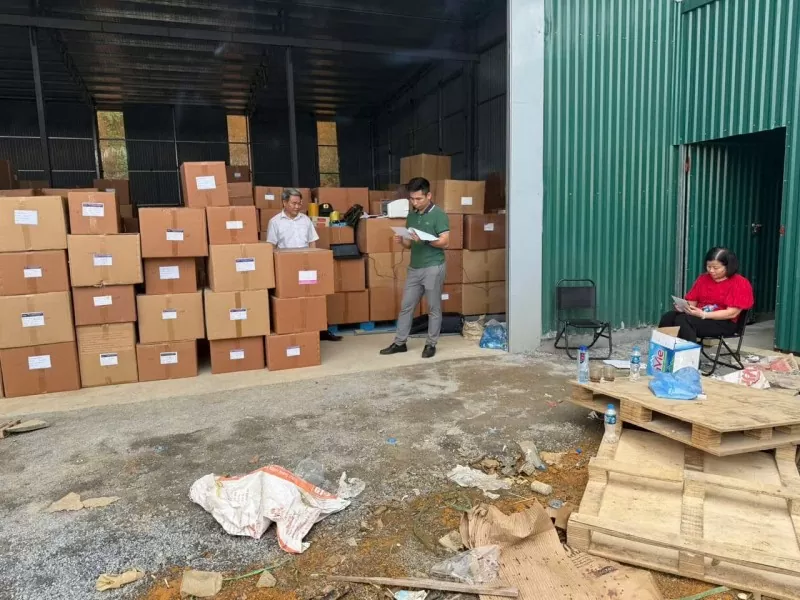 |
| The Ministry of Public Security's Investigation Police Agency discovered and seized 100 tons of fake functional foods. The case involved a number of companies with names that could easily be confused with foreign brands such as: MediPhar, MediUSA, MegaLife. Photo: Hoang Phong |
The above cases show that taking advantage of business names that are "similar" to foreign brands has become a sophisticated method for counterfeit producers to "deceive" consumers and management agencies.
According to the provisions of the Enterprise Law 2020, the enterprise name must not be identical or confusing with a previously registered enterprise name. Clause 2, Article 37 clearly stipulates: "The enterprise name must not infringe upon the intellectual property rights of a protected trademark".
However, in practice, the duplication check is mainly limited to the national business name database. In addition, there is currently no mandatory mechanism for wide comparison with international trademarks, or famous trademarks not registered in Vietnam.
This creates a gap, causing some businesses to intentionally name themselves similar to foreign brands (just slightly different in syllables and writing) to be granted a Business Registration Certificate.
For example, a business using the name “Famimoto” can easily make consumers think of reputable international brands. When selling fake or counterfeit products under this similar name, the business deceives consumers, and it is very difficult to be handled right from the start if only looking at the business registration documents.
In addition to the Enterprise Law, Clause 3, Article 6 of the 2022 amended Intellectual Property Law also clearly stipulates: “Industrial property rights to trademarks are established on the basis of registration with a competent state agency”. Article 202 of the Intellectual Property Law also stipulates measures to handle intellectual property rights infringement, including requests to stop the infringement and compensate for damages.
However, the key issue is that if the international brand has not been registered in Vietnam, or the trademark has not been protected, it is almost impossible to cross-check and refuse to grant a business name license. In addition, even if a mistake is discovered, the process of requesting a business to change its name is complicated and lengthy.
In response to the above situation, Decree 65/2023/ND-CP, amending Decree 01/2021/ND-CP, has somewhat tightened the naming of enterprises when registering for business. Specifically, when registering a name, the business registration authority must refuse if it detects that the name is confusing with a protected trademark.
The Decree also allows the registration authority to request a business to change its name within 30 days if it detects a change after the license is issued. However, implementation in practice still depends largely on the self-awareness of the business and the inspection and verification capacity of the registration officer.
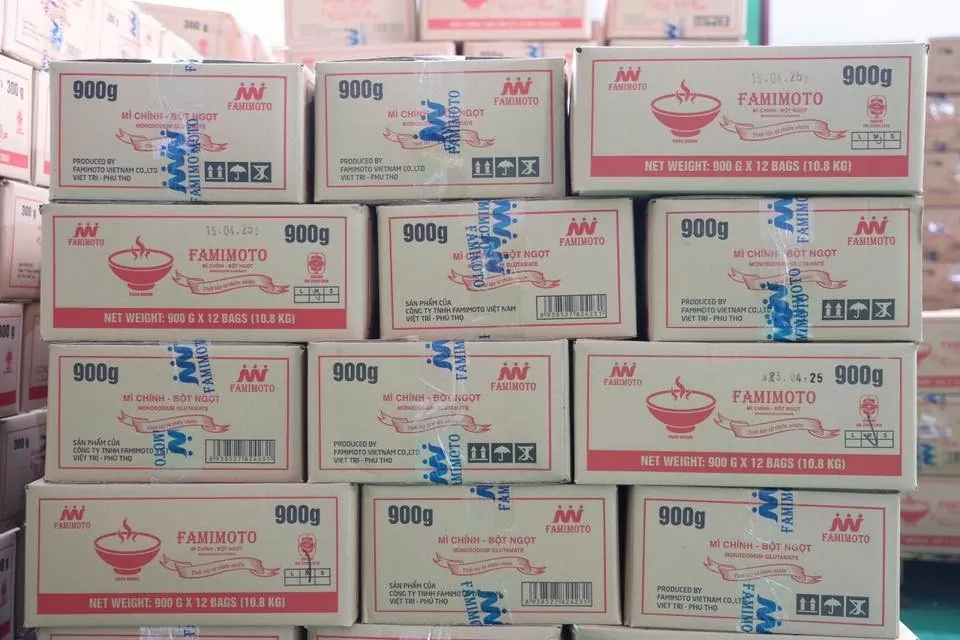 |
| The fake MSG product supplied to the market by Famimoto Trading Company Limited has a name that can easily be confused with a foreign brand. Photo: Phu Tho Provincial Police |
Tighten up business naming
Enterprises deliberately using confusing names can lead to a series of consequences such as consumers mistakenly thinking that the product comes from a big brand, making them vulnerable to fraud; the business environment is distorted, creating unfair competitive advantages; counterfeit and poor quality goods are rampant, harming public health; and the national image is affected if Vietnamese counterfeit goods infiltrate foreign markets.
Cases such as 100 tons of fake functional foods or dozens of tons of fake MSG that have just been discovered are just the tip of the iceberg. If the licensing process is not tightened, similar cases will certainly continue. To overcome this situation, it is thought that the authorities need to synchronize many solutions.
First of all, it is necessary to supplement regulations that business registration agencies must check with the international trademark database and famous brands when approving business names; and strengthen inter-sectoral coordination between business registration agencies and the Intellectual Property Office.
In addition, it is necessary to raise awareness among businesses about their responsibility in choosing a name, avoiding acts of intentional confusion. Authorities also need to have stronger sanctions against businesses that intentionally take advantage of the name to deceive consumers, and need to be criminally prosecuted according to Article 192 of the 2015 Penal Code (amended in 2017).
Choosing a business name is not only the right of the business entity, but also closely related to consumer rights, a healthy business environment and national reputation. Only by tightening the licensing process right from the beginning, combined with strong handling of violations, can we completely prevent the situation of "counterfeit goods disguised as foreign goods" that is currently infiltrating the market. |
Source: https://congthuong.vn/nguoi-dung-gap-hoa-vi-hang-gia-nup-bong-thuong-hieu-ngoai-385095.html



![[Photo] Prime Minister Pham Minh Chinh attends the event "Digital transformation of the banking industry by 2025"](https://vphoto.vietnam.vn/thumb/1200x675/vietnam/resource/IMAGE/2025/5/29/0e34cc7261d74e26b7f87cadff763eae)



![[Photo] Prime Minister Pham Minh Chinh receives leaders of Excelerate Energy Group](https://vphoto.vietnam.vn/thumb/1200x675/vietnam/resource/IMAGE/2025/5/29/c1fbe073230443d0a5aae0bc264d07fe)


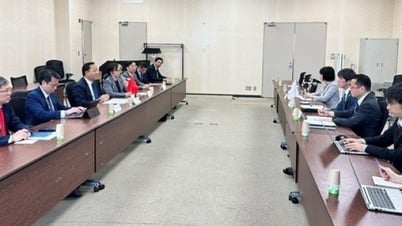










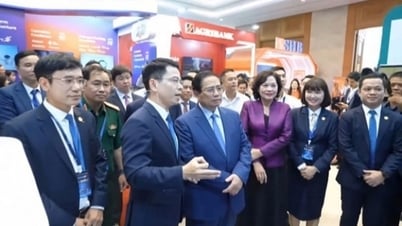

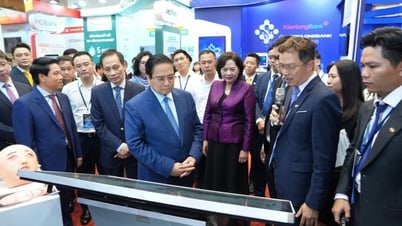
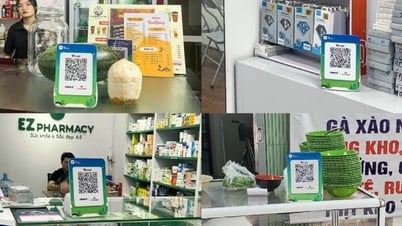

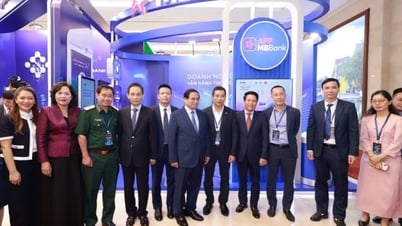























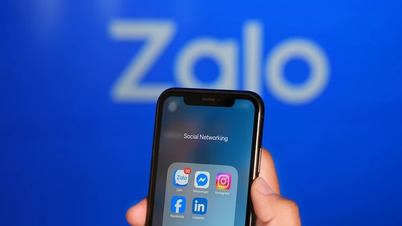



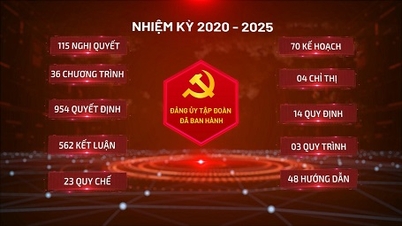


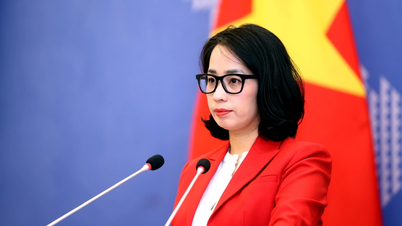



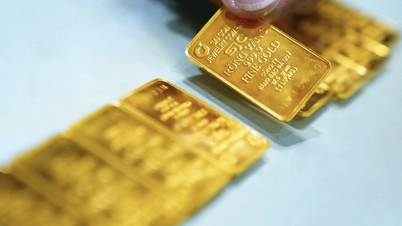



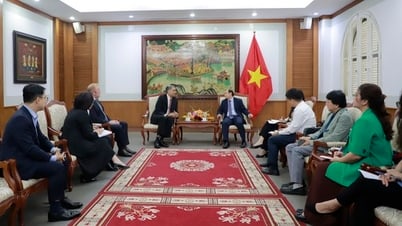
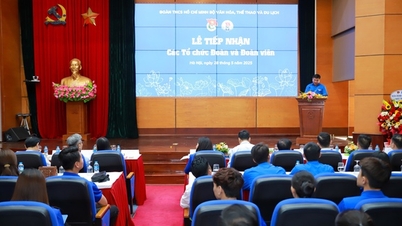

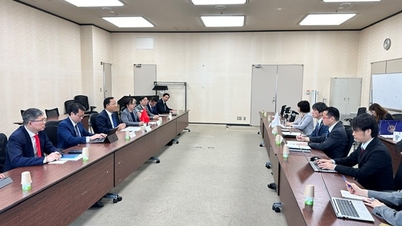

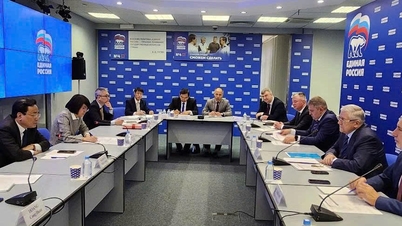

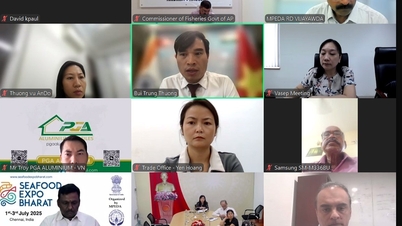
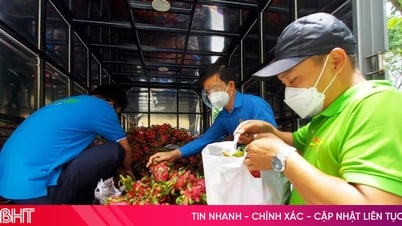

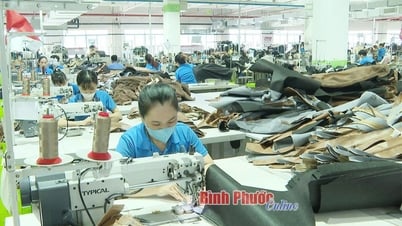



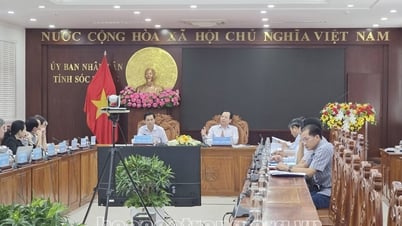


















Comment (0)